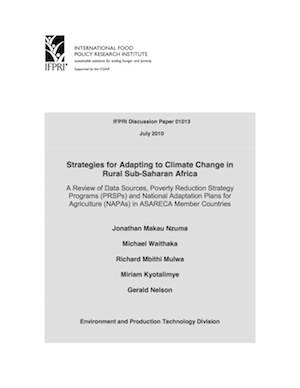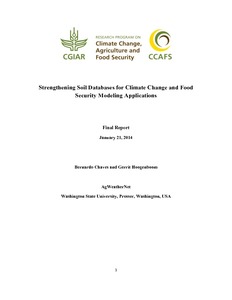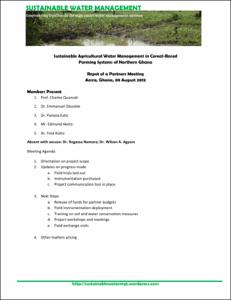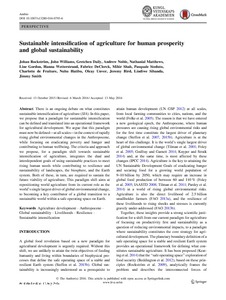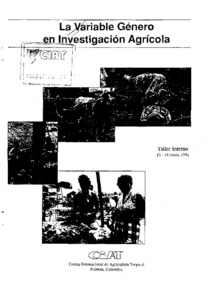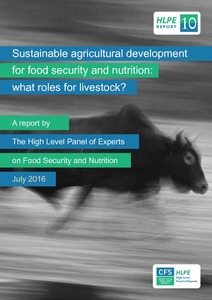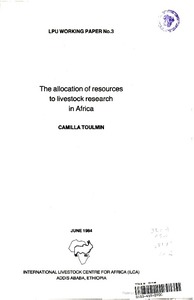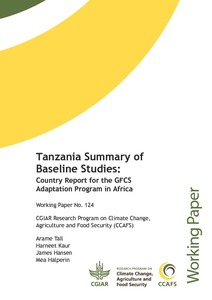Soil conservation measures in the Ethiopian Highlands: The effectiveness of stone bunds on soil erosion processes
Extensive land degradation in the Ethiopian Highlands jeopardizes rural livelihood. Intensified by increasing population pressure, farmers are forced to expand their arable land by deforestation and thus worsening the soil erosion problem. Through the application of various soil conservation measures, farmers and authorities try to prevent against further land degradation.


